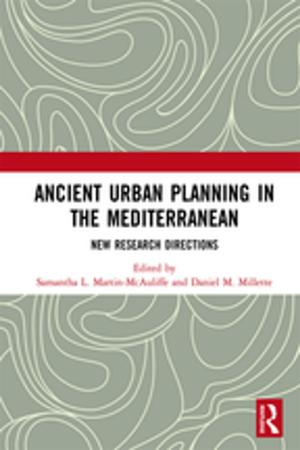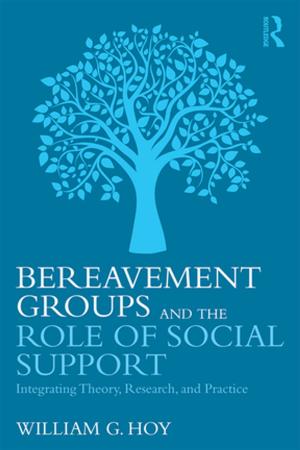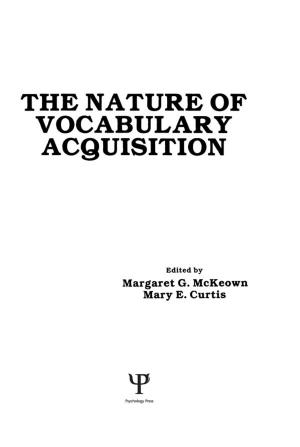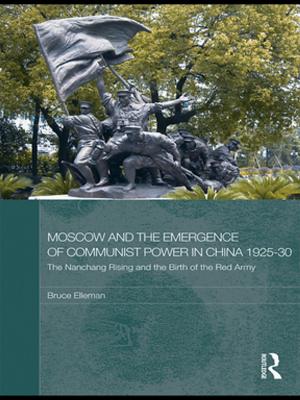A Century of Service
Land-Grant Colleges and Universities, 1890-1990
Nonfiction, Reference & Language, Education & Teaching, Higher Education| Author: | ISBN: | 9781351535861 | |
| Publisher: | Taylor and Francis | Publication: | July 12, 2017 |
| Imprint: | Routledge | Language: | English |
| Author: | |
| ISBN: | 9781351535861 |
| Publisher: | Taylor and Francis |
| Publication: | July 12, 2017 |
| Imprint: | Routledge |
| Language: | English |
In 1890 congressional legislation opened a new chapter in the history of higher education by allocating public support for black Land-Grant colleges and universities.These institutions were established to provide training to blacks in the fields of agriculture, home economics, the mechanical arts, and other useful professions. For a century, these schools have assumed and continue to maintain a unique and important role in affording educational opportunities for thousands of students to whom no other doors would have been opened. A Century of Service is both a history and a celebration of these Land-Grant schools. The work also provides a presentation of views on how their original mission can best be adapted to the challenges of the future.
The 1890 Land-Grant institutions are a legacy of what can be accomplished with little more than a determined, tenacious commitment to survive and excel. In spite of unequal financial support, they have succeeded in establishing and building quality resident academic and extension programs on a par with those of other colleges and universities not suffering the same economic limitations. As demonstrated throughout this volume, the 1890 institutions have amassed an impressive record of achievement in the areas of agricultural research, cooperative extension, development of rural communities' support systems, human resources development, resident instruction, international development, and technology and information transfer.
In assessing the current state of the schools and looking to the future, the authors seek ways of building upon their strengths and traditions and explore alternative institutional designs to enhance the status and opportunities for African American agricultural scientists and professionals under quite new circumstances. A Century of Service will be of interest to social historians, black studies specialists, agricultural scientists, and educators.
In 1890 congressional legislation opened a new chapter in the history of higher education by allocating public support for black Land-Grant colleges and universities.These institutions were established to provide training to blacks in the fields of agriculture, home economics, the mechanical arts, and other useful professions. For a century, these schools have assumed and continue to maintain a unique and important role in affording educational opportunities for thousands of students to whom no other doors would have been opened. A Century of Service is both a history and a celebration of these Land-Grant schools. The work also provides a presentation of views on how their original mission can best be adapted to the challenges of the future.
The 1890 Land-Grant institutions are a legacy of what can be accomplished with little more than a determined, tenacious commitment to survive and excel. In spite of unequal financial support, they have succeeded in establishing and building quality resident academic and extension programs on a par with those of other colleges and universities not suffering the same economic limitations. As demonstrated throughout this volume, the 1890 institutions have amassed an impressive record of achievement in the areas of agricultural research, cooperative extension, development of rural communities' support systems, human resources development, resident instruction, international development, and technology and information transfer.
In assessing the current state of the schools and looking to the future, the authors seek ways of building upon their strengths and traditions and explore alternative institutional designs to enhance the status and opportunities for African American agricultural scientists and professionals under quite new circumstances. A Century of Service will be of interest to social historians, black studies specialists, agricultural scientists, and educators.















